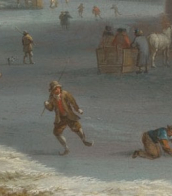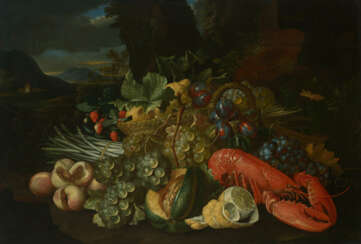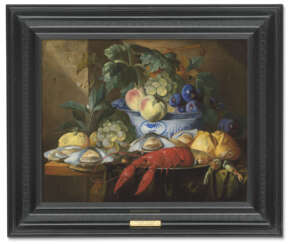Alexander Coosemans (1627 - 1689) — Auction price
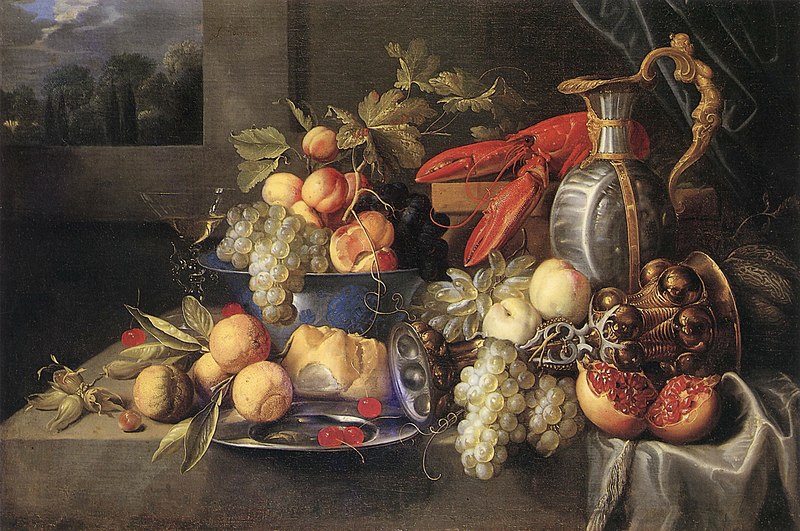
Alexander Coosemans was a Flemish painter of the Baroque period.
Coosemans studied under the masters of still life painting and became a member of the Guild of St. Luke of Antwerp in 1645.
Coosemans painted lush, fruit- and flower-rich still lifes, vanitas-style still lifes that evoke the transience of life. His compositions are often thought to have hidden, allegorical meanings: lobsters, wine and lemons - each subject is filled with references to biblical themes and history.
In collaboration with other artists, Coosemans created so-called garland paintings - a portrait or religious subject surrounded by garlands of flowers and fruit. The artist also decorated the villas of the nobility of Genoa and Rome with his works.
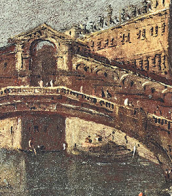

Alexander Coosemans was a Flemish painter of the Baroque period.
Coosemans studied under the masters of still life painting and became a member of the Guild of St. Luke of Antwerp in 1645.
Coosemans painted lush, fruit- and flower-rich still lifes, vanitas-style still lifes that evoke the transience of life. His compositions are often thought to have hidden, allegorical meanings: lobsters, wine and lemons - each subject is filled with references to biblical themes and history.
In collaboration with other artists, Coosemans created so-called garland paintings - a portrait or religious subject surrounded by garlands of flowers and fruit. The artist also decorated the villas of the nobility of Genoa and Rome with his works.
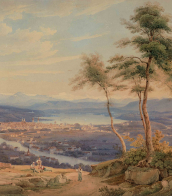

Alexander Coosemans was a Flemish painter of the Baroque period.
Coosemans studied under the masters of still life painting and became a member of the Guild of St. Luke of Antwerp in 1645.
Coosemans painted lush, fruit- and flower-rich still lifes, vanitas-style still lifes that evoke the transience of life. His compositions are often thought to have hidden, allegorical meanings: lobsters, wine and lemons - each subject is filled with references to biblical themes and history.
In collaboration with other artists, Coosemans created so-called garland paintings - a portrait or religious subject surrounded by garlands of flowers and fruit. The artist also decorated the villas of the nobility of Genoa and Rome with his works.
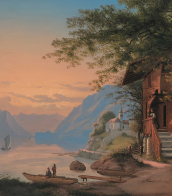

Alexander Coosemans was a Flemish painter of the Baroque period.
Coosemans studied under the masters of still life painting and became a member of the Guild of St. Luke of Antwerp in 1645.
Coosemans painted lush, fruit- and flower-rich still lifes, vanitas-style still lifes that evoke the transience of life. His compositions are often thought to have hidden, allegorical meanings: lobsters, wine and lemons - each subject is filled with references to biblical themes and history.
In collaboration with other artists, Coosemans created so-called garland paintings - a portrait or religious subject surrounded by garlands of flowers and fruit. The artist also decorated the villas of the nobility of Genoa and Rome with his works.
